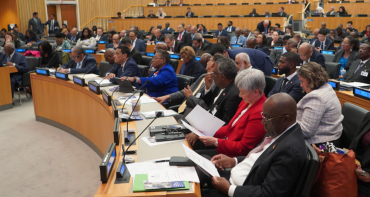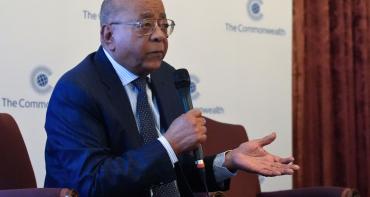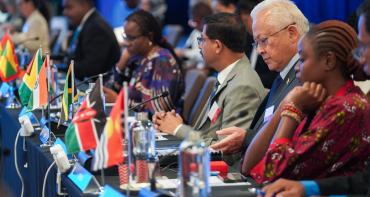By Roxie McLeish-Hutchinson, Permanent Secretary, Ministry of Foreign Affairs, Trade and Export Development, Grenada
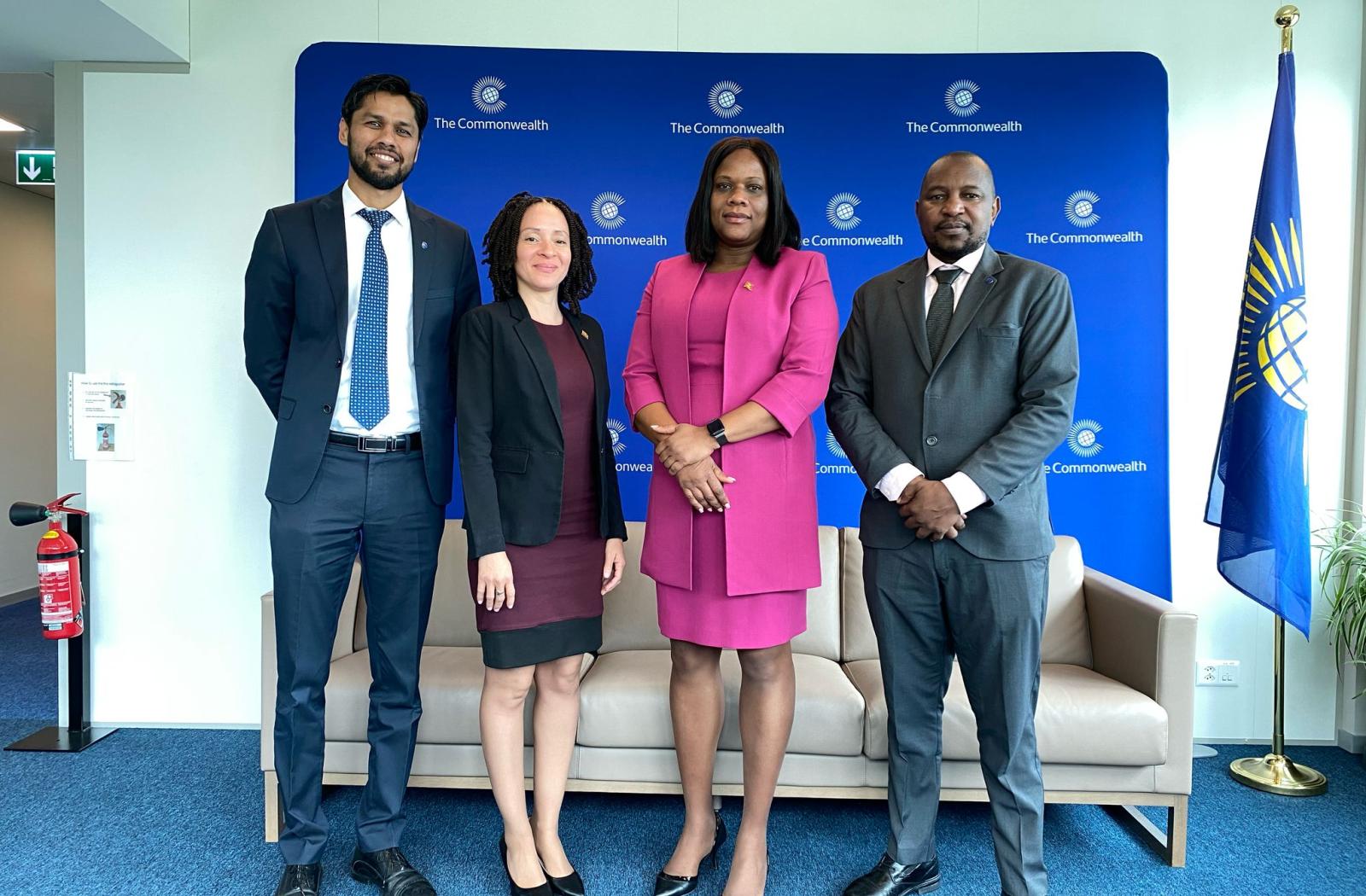
Grenada, a small island developing state in the Caribbean, has approached its engagement with the UN Human Rights Council Universal Periodic Review (UPR) as both a reflective and collaborative journey. The UPR is a peer-review process and a key mechanism of the Human Rights Council.
Introduced in 2006, the UPR requires countries to assess and report on their progress in fulfilling their human rights obligations every four and a half years. During each cycle, countries receive recommendations from other UN member states to strengthen human rights in their respective countries. For a small island state like Grenada, this process presents unique challenges – but also valuable opportunities to demonstrate our commitment to upholding human rights.
A partnership for human rights with the Commonwealth
Our partnership with the Commonwealth Secretariat began in 2014 when Grenada first received support from the Secretariat’s Human Rights Unit for the second cycle of the UPR. At that time, navigating the complexities of the UPR process was a daunting task. However, with the assistance of the Secretariat, Grenada gained the tools, knowledge and capacity needed to effectively review and report on our human rights progress. Ten years on, the Secretariat’s unwavering support continues to strengthen our efforts in critical areas such as gender equality, universal education, climate awareness and social protection.
We were reviewed under the fourth UPR cycle on 5 May 2025, and the Commonwealth was there to support us during our preparations for this process. In January 2025, Grenada hosted an in-country working session for the body that prepares the government reports to the UPR, known as the Inter-Ministerial Committee. At this event, technical assistance from the Commonwealth helped us to finalise our national report and ensure it accurately reflects both our achievements and the challenges before us. The Secretariat also facilitated a mock review of the UPR working group dialogue for the Grenada delegation, which helped our team refine its presentations and responses.
These collaborative efforts are a clear reflection of the Commonwealth’s enduring commitment to supporting Grenada’s human rights journey.
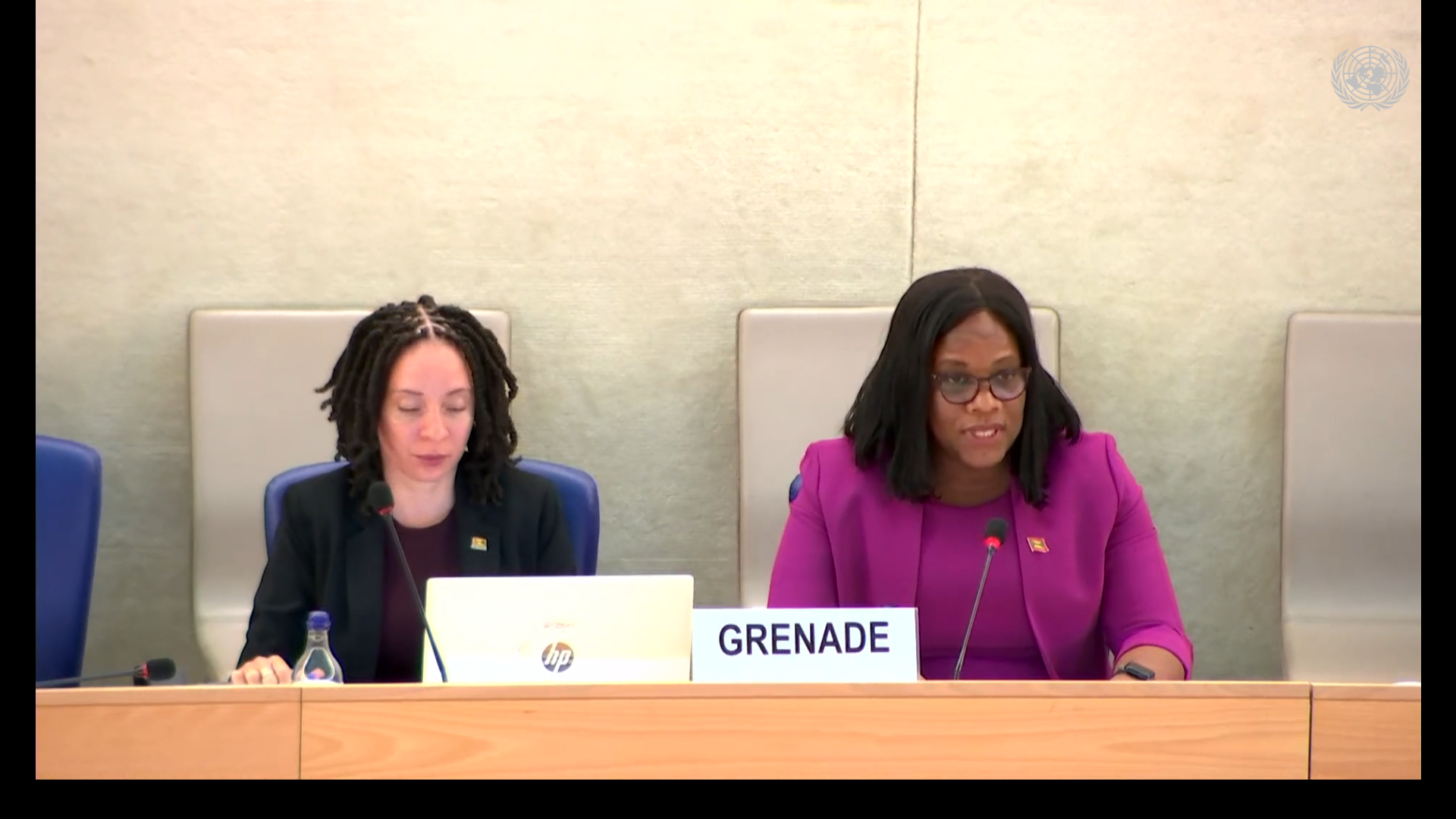
A decade of building capacity
Through targeted training sessions, technical support and workshops, Grenada has strengthened its ability to compile comprehensive UPR reports that reflect the realities on the ground. This consistent support has ensured that our teams have the expertise to address pressing human rights challenges and showcase the strides we have made in areas such as gender equality, education and legislative reforms.
One of the Commonwealth's enduring contributions has been fostering collaboration among various stakeholders. Their approach has enabled government ministries, civil society organisations and international partners to work collectively in preparing UPR reports. This inclusive method has not only enriched Grenada’s submissions to the UPR but also cultivated relationships between key stakeholders that are vital for implementing recommendations received through the UPR and driving long-term progress on human rights in the country.
Charting the path forward
The impact of the Commonwealth’s involvement has extended well beyond report preparation: it has helped spark important national conversations about how Grenada can continue to strengthen human rights long after the review process concludes. From implementing UPR recommendations to building partnerships with fellow member states, the Commonwealth’s support has laid a strong foundation for sustainable progress on human rights in Grenada.
As we move forward, we are inspired by the progress we’ve achieved together and remain committed to building a future where human rights and opportunities are accessible to all.

